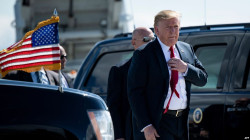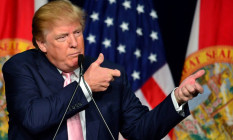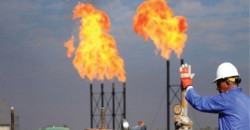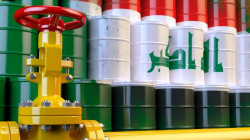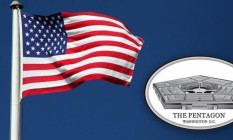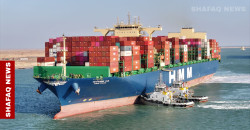3 scenarios for Iraq under Trump, including 'Guardians of the Regions'
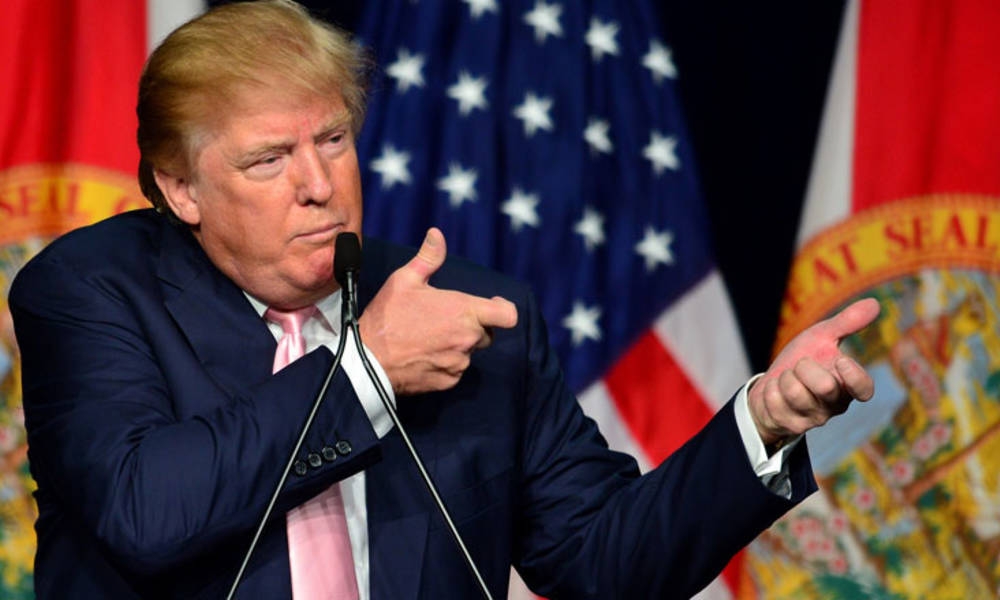
Shafaq News/ Iraq is expected to enter a new phase soon, shaped by the upcoming US policies under President Donald Trump. He aims to implement a new regional project that highlights the creation of new security formations, widely referred to as the “Guardians of the Regions.” The project itself is not entirely new but resembles the structure and function of the Peshmerga forces in the Kurdistan Region.
The scenarios for implementing this project range across three possible directions, either as individual strategies or combined approaches. These scenarios fall within the realm of political imposition or the use of force and cannot be separated from Iraq’s regional situation, particularly the trajectory of US-Iran relations.
This regional project is part of a broader shift towards a new international system, a product of the “US-Russian settlement”, with the first phase unfolding in Syria. This is a culmination of various outcomes, as explained to Shafaq News Agency by strategic expert Ahmed Al-Sharifi. "The features of the new regional system are many, including liberal capitalism and systems that guarantee multiparty politics or federal systems," according to Al-Sharifi.
With the emergence of a new security and military reality, where the "Guardians of the Regions" play a central role, Al-Sharifi predicts the decline of ideologies and militias, which will reflect on Iraq as a US ally. However, its factions remain part of the political landscape, a unique situation in the Middle East.
Al-Sharifi stressed that Prime Minister Mohammed Shia Al-Sudani is under pressure to resolve this issue, yet all indicators suggest that "Al-Sudani is unable to resolve it. He is betting on time, making promises, but in reality, the factions have not responded to him."
From the US perspective, Al-Sharifi believes that the US military and security policies will steer toward what is termed "regional security," aligning with international peace and security. This could push the US to implement these policies through coercive means, including the use of force. He does not rule out the possibility of Washington employing force in the near future, marking a turning point for the Middle East and establishing a new equation.
Three Scenarios for Iraq
Some experts rule out the use of force. Haitham Al-Hayti, a political science professor at the University of Exeter in the UK, predicts that "the US will pressure Iraq economically, politically, and legally," and suggests that this pressure could lead to one of three scenarios:
• Scenario One: Change through elections under US conditions, which could shift the electoral path to align more with US desires and, partially, public demands. This would support Iraq in achieving elections and internal concessions, pushing Iraq out of the gray area of closeness to Iran and aligning more with the US
• Scenario Two: Partial change through imposing sanctions on hardline figures within the current political system, potentially removing certain factions while keeping others. This may include Israeli strikes on certain sites supporting these figures, which could face sanctions.
• Scenario Three: A radical change, though difficult to implement.
US political affairs specialist Aqeel Abbas links US policy on Iraq to Washington’s approach to Iran. In an interview with Shafaq News, Abbas explains that if a quick resolution is not reached on contentious issues between the US and Iran, "Washington will resort to economic sanctions, which will also affect Iraq," he predicts, adding that Israeli military strikes against armed factions are possible.
New Deterrence Levels
Military options cannot be overlooked in the coming situation. This is not only about Iraq but also the wider region. Military expert Alaa Al-Nashou believes that US military leadership in Iraq is crafting plans based on developments in the region. He said, "The US maintains important military bases in key strategic locations, allowing for rapid intervention."
Al-Nashou explained that the most crucial US military moves in the region include establishing bases in strategic locations that provide military and security advantages, ensuring swift response times. He believes that US control over the region, including Iraq, is secured, "no matter the enemy’s strength, as it ends with direct strikes from US aircraft, the strongest and most advanced in the world."
Regarding potential military routes the Trump administration might pursue, Al-Nashou states that they would be driven by economic and security factors, including "Israel’s security," and the use of new deterrence levels targeting countries like Iraq, Yemen, and Iran.
US Military Presence In Iraq
Nabil Mikhael, a professor of international relations at George Washington University, pointed out that Trump does not want a significant Iranian influence in Iraq, nor does he want a large Turkish presence in Syria. "This is the strategic equation the Trump administration will deal with in the coming phase," Mikhael explains to Shafaq News.
Mikhael does not expect an early withdrawal of US forces from Iraq, suggesting that the US military and civilian presence in Iraq will be linked to developments in Syria. He does not rule out continued US-Iraq consultations, with the possibility of Trump inviting the Iraqi Prime Minister or Foreign Minister to visit Washington.
Regarding this issue, Mohammed Hassan Rady, a member of the Iraqi Parliament’s Security and Defense Committee, told Shafaq News that "the agreement on the withdrawal of US forces from Iraq in 2026 is binding and not open for renegotiation." When asked what might prevent its implementation, he said that the new US leadership may adjust it slightly according to its vision, but "the US strategy is generally fixed, and changing it is not easy."
Rady concluded that Iraq is trying to maintain the current security and stability, and "we are waiting for the coming days and what the developments in the region, especially in Syria, will bring."
